
|
Numbering the Triple Bottom Line


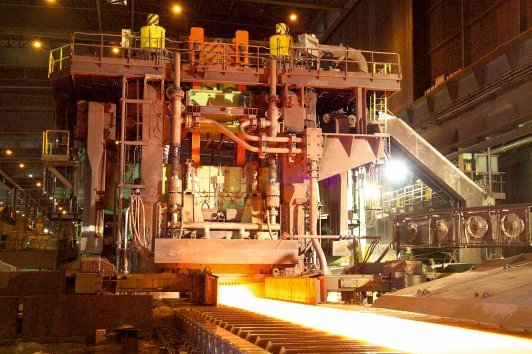
Accounting for ALL the Capitals
|

|
|
THE CASE FOR BETTER METRICS
|
GDP GROWTH

|
The single metric most talked about relative to economic performance is GDP growth, yet this is one of the most inappropriate metrics ever devised. Its origin goes back to the great depression. In the 1960s, Kuznets, one of the originators, said it had outlived its usefulness, and in 1968, shortly before he was assassinated, Robert Kennedy spoke of its core weaknesses. Yet, 50 years later, it is still being used as a key metric of economic performance.
|
CORPORATE PROFITS
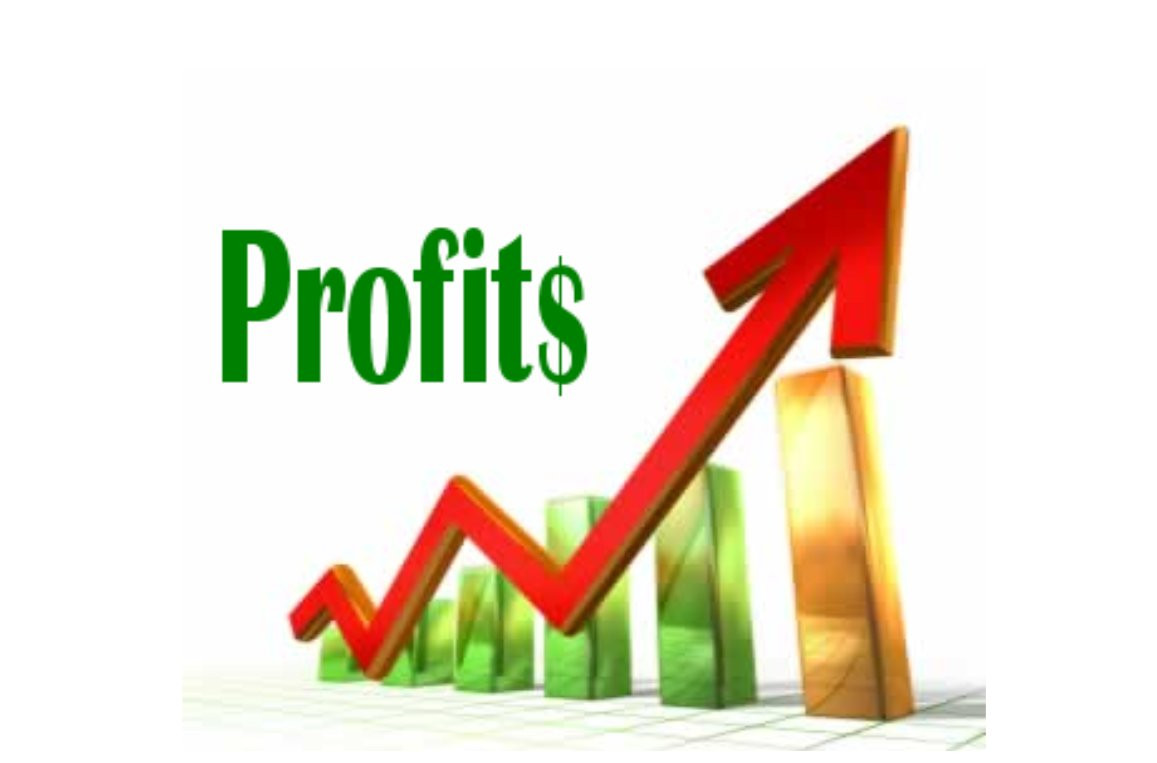
|
Another key metric is corporate profit performance.
|
CAPITAL MARKETS
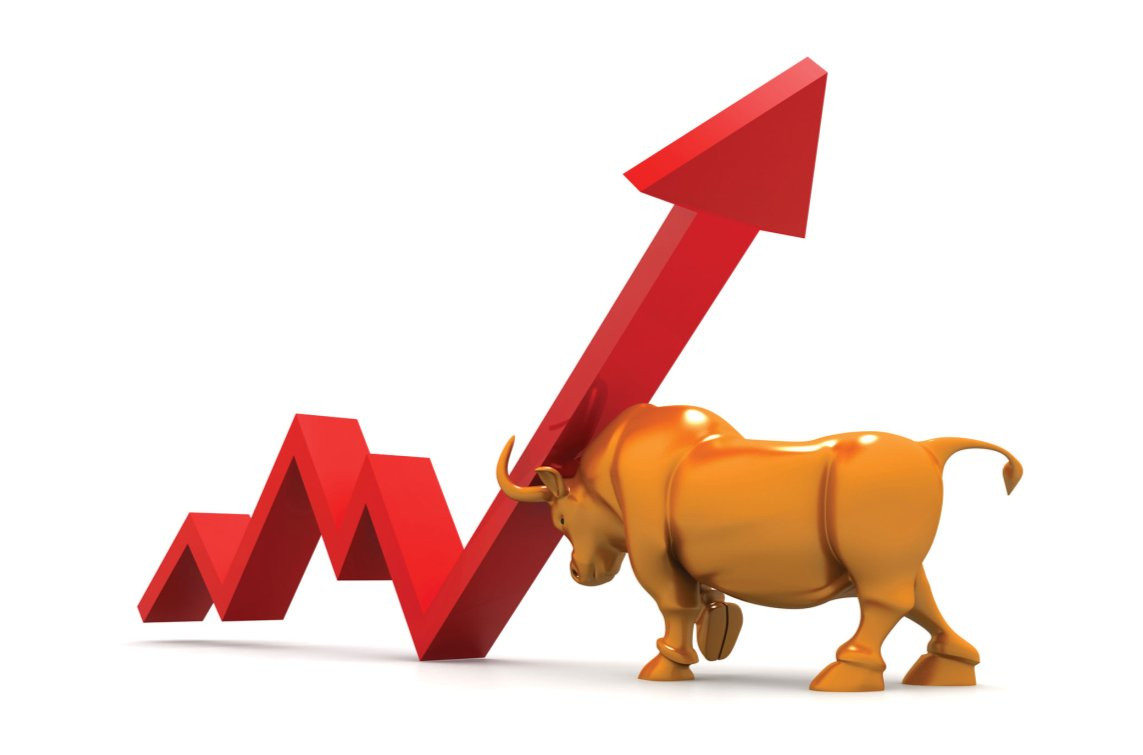
|
Capital markets are a critical part of a financialized economic system. It is how wealth is stored and preserved for the future
|
INEQUALITY
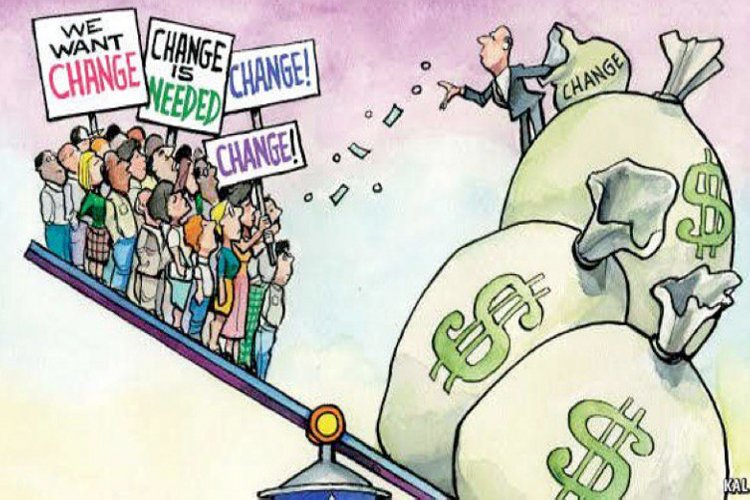
|
Post 2016, there has been a lot of discussion of inequality, and a realization that inequality is a root cause of much of the social discontent that has become a problem in many countries around the world.
|
|
MANY MASSIVE PROBLEMS
|
|
ALL SORTS OF SOCIAL DISASTERS
|
 Terrible Poverty
Terrible Poverty
|
 Malnutrition
Malnutrition
|
 Terrorism
Terrorism
|
 Genocide
Genocide
|
|
EXTREME WEATHER
|
 Somalia Drought
Somalia Drought
|
 Mozambique Flood
Mozambique Flood
|
 Eye of storm
Eye of storm
|
 USA Hurricane
USA Hurricane
|
|
ENVIRONMENTAL DEGRADATION
|
 Deforestation
Deforestation
|
 Strip Mining
Strip Mining
|
 Power Emission
Power Emission
|
 Traffic Pollution
Traffic Pollution
|
Bottom line ... my generation of leaders has made it possible for a lot of very bad things to happen, and very little action to address these issues and hold the key actors responsible.
|
|
|
MANY AMAZING POSSIBILITIES USING TECHNOLOGY
|
|
MEDICAL SCIENCE
|
MATERIALS
|
ELECTRONICS
|
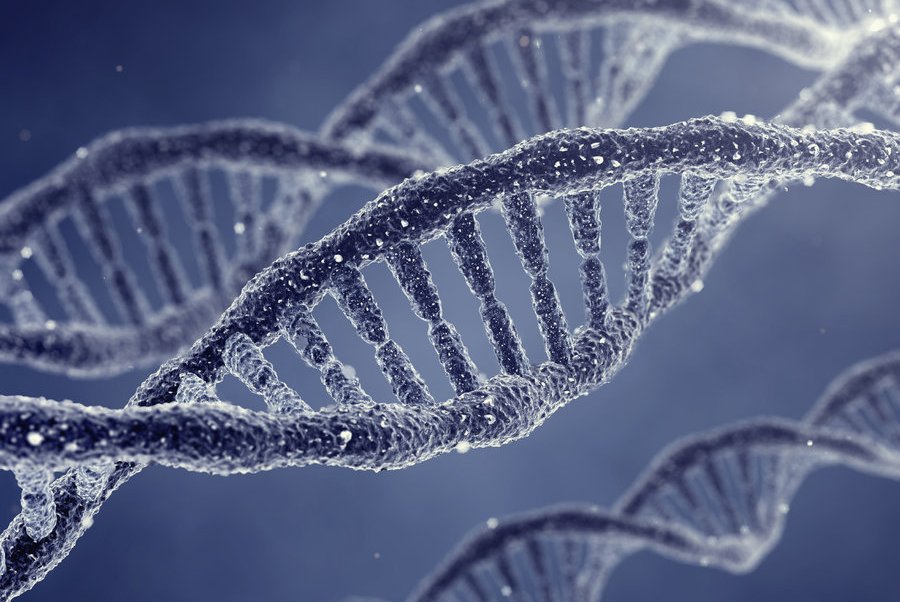 Genetic code / DNA
Genetic code / DNA
|
 Antibiotics
Antibiotics
|
 Composites
Composites
|
 Specialized steel
Specialized steel
|
 IBM
IBM
|
 Microsoft
Microsoft
|
|
COMMUNICATIONS
|
SOCIAL MEDIA
|
PASSENGER TRANSPORT
|
 Apple
Apple
|
 Print Media
Print Media
|
 Facebook
Facebook
|
 Twitter
Twitter
|
 Passenger Rail
Passenger Rail
|
 Passenger Car
Passenger Car
|
|
LOGISTICS
|
AEROSPACE
|
DIGITAL TECHNOLOGY
|
 Container Ships
Container Ships
|
 Freight rail
Freight rail
|
 Jet engines
Jet engines
|
 Passenger Aircraft
Passenger Aircraft
|
 AI
AI
|
 IoT
IoT
|
|
SOCIAL CAPITAL
|
|
GDP UP ... GPI FLATLINE
|
PRODUCTIVITY UP, NOT WAGES
|
TOP 1% ... HAS IT ALL
|

|
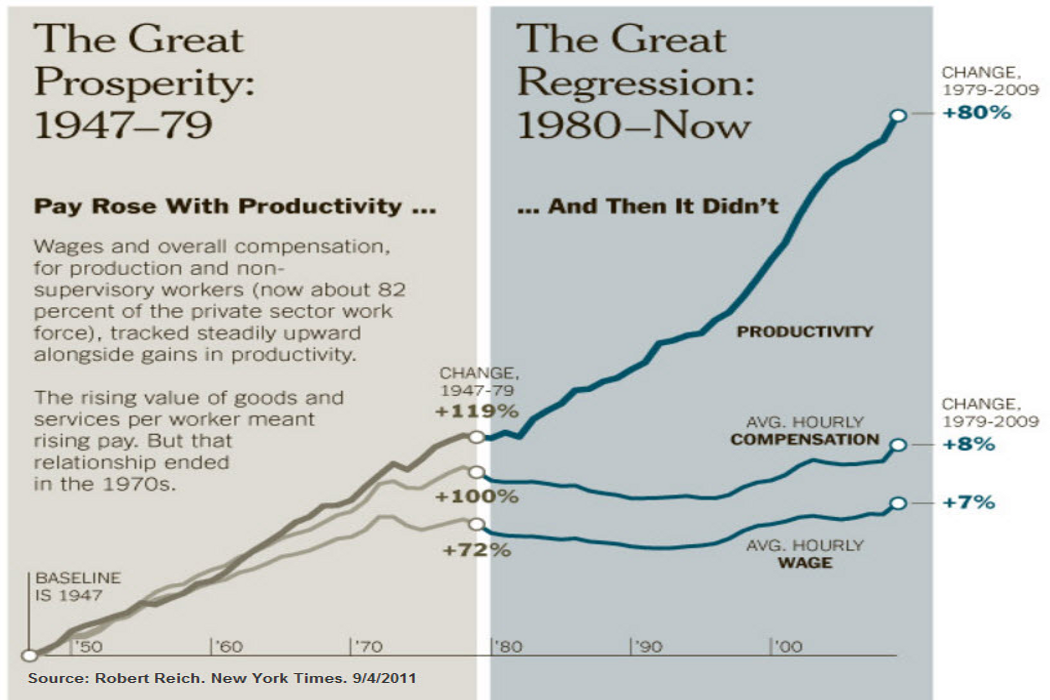
|


|


|
- DESTABILIZING INEQUALITY
- INADEQUATE WAGE RATES
|
- OUTSOURCED LABOR
- WEAK SOCIAL SAFETY NET
|
|
NATURAL CAPITAL
|

|
CATASTROPHIC DEPLETION AND DEGRADATION
- EXPLOITED LAND
- DEGRADED WATER
- POLLUTED AIR
- DEPLETED RESOURCES
- LOSS OF BIODIVERSITY
- UNSTABLE ECOSYSTEMS
|
|
ECONOMIC CAPITAL:
|

|
FINANCIAL CAPITAL
EXCESSIVE CONCENTRATION OF WEALTH
PHYSICAL CAPITAL
OBSOLETE AND DEGRADED INFRASTRUCTURE
INTANGIBLE CAPITAL
STRONG KNOWLEDGE / WEAK EDUCATION
|
|
IT'S A COMPLEX WORLD!
|

|

|
Managing complexity is difficult. In modern times, the system has been managed by and for the benefit of those who own financial capital, now referred to as financialization. Nothing else has been seriously managed.
|
|
TRIPLE BOTTOM LINE ... ALL THE CAPITALS
|
|
PEOPLE
|
PLANET
|
PROFIT
|
|
SOCIAL CAPITAL
|
NATURAL CAPITAL
|
ECONOMIC CAPITAL
|

SOCIO
|

ENVIRO
|
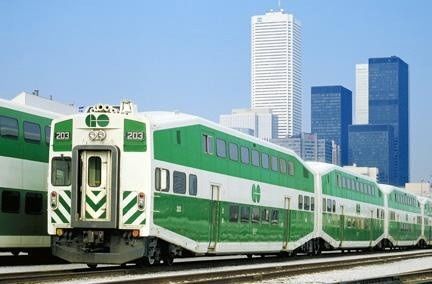
ECONOMIC
|
|
CONSIDER ALL THE PERSPECTIVES ... EMPOWER ALL THE ACTORS
|
TECHNOLOGY

Enabler of progress
|
ORGANIZATIONS

More than profit
|
PEOPLE

Men, women & children
|
PLACE
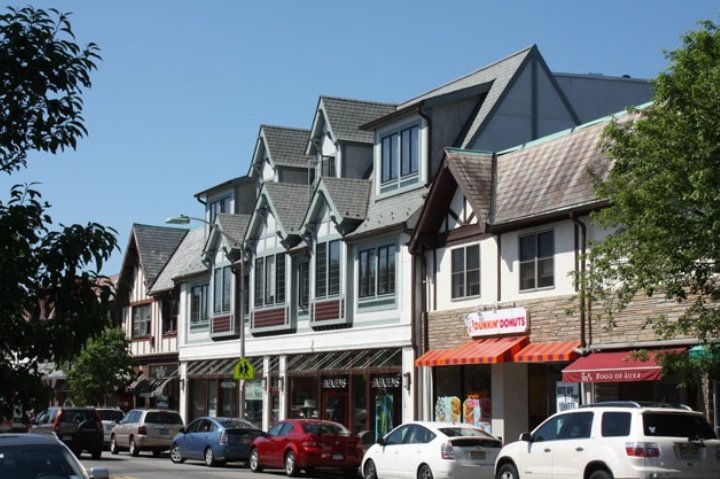
Where people live
|
PRODUCTS

Quality of Life
|
One of the biggest priorities should be to change the metrics of progress and performance so that they are no longer dominated by corporate profit growth, national GDP growth and the growth of stock market valuations.
If you change the way you score the game, you will change the way the game is played!
|
|
THE METRICS THAT ARE USED ... FINANCIAL METRICS
|
|
CORPORATE PROFITS
...
CAPITAL MARKETS
..............
MONEY
.............
|



|
|
METRICS WE SHOULD BE USING ... SOCIAL, ENVIRONMENTAL & ECONOMIC
|
|
SOCIAL CAPITAL
|
NATURAL CAPITAL
|
ECONOMIC CAPITAL
|
|
SOCIETY
|
ENVIRONMENT
|
INTANGIBLE
|
PHYSICAL
|
FINANCIAL
|
HUMAN CAPITAL
 RELATIONAL
RELATIONAL
 LOCATIONAL
LOCATIONAL
 CULTURAL
CULTURAL
 SPIRITUAL
SPIRITUAL
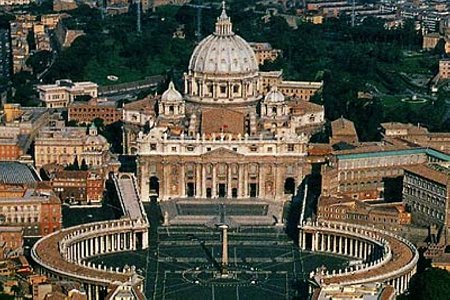
|
LAND

WATER

AIR

RESOURCES

BIODIVERSITY

ECOSYSTEMS

|
KNOWLEDGE
 EDUCATION
EDUCATION
 GOVERNMENT
GOVERNMENT
 SECURITY
SECURITY

|
LAND & BUILDINGS
 INFRASTRUCTURE
INFRASTRUCTURE
 PROCESSES
PROCESSES
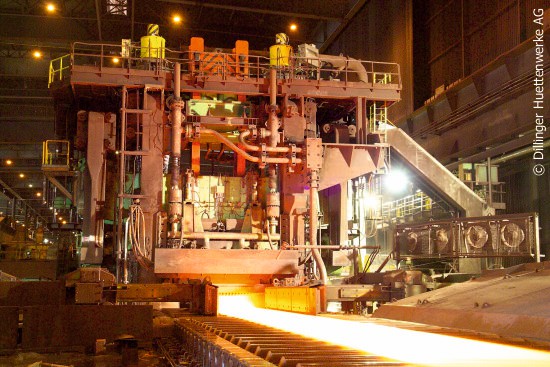 EQUIPMENT
EQUIPMENT
 WORKING CAPITAL
WORKING CAPITAL

|
CORPORATE PROFITS
 CAPITAL MARKETS
CAPITAL MARKETS
 MONEY
MONEY

|
Top line summary reporting has three components
(1) impact on social capital;
(2) impact on natural capital; and,
(3) impact on economic capital.
For efficient, effective operational management there all must be sufficient disaggregation along the same lines so that every activity is subject to measurement, analysis and improvement.
|
SECTOR / INDUSTRY / PROCESSES
SPECIALIZATION IS VITAL FOR EFFICIENCY AND ECONOMIC PRODUCTIVITY
|
MINING

|
LOGGING

|
ENERGY

|
STEEL

|
REFINERIES

|
PULP & PAPER

|
SHIPPING

|
RAIL

|
PIPELINES

|
TRUCKING

|
ROADS

|
RAIL

|
MANGROVE

|
FISHERIES

|
AGRICULTURE

|
RETAIL

|
FUEL

|
WASTE

|
|
Sector specialization most always improves corporate profit performance, but over the years, impact throughout the product life cycle has not been accounted for. This has to change.
|
|
STREAMS / STRANDS / STRINGS
|
|
ACCUMULATED IMPACT IS EMBEDDED IN EVERY PRODUCT
|
NATURE

|
EXTRACTION

|
SUPPLY CHAIN

|
PRODUCTION

|
USE

|
POST USE

|
|
Everything that is used to support a high standard of living and quality of life has a long supply chain, then production and distribution, then use, and then a post use waste chain. For metrics to be meaningful, all of these stages must be brought into account.
|
|
CONSIDER ALL THE PERSPECTIVES
|
TECHNOLOGY

Enabler of progress
|
ORGANIZATIONS

More than profit
|
PEOPLE

Men, women & children
|
PLACE

Where people live
|
PRODUCTS

Quality of Life
|
|
Better results will be achieved when decisions are based on impact not only for corporate financial profit, but for all the dimensions of the socio-enviro-economic system.
|
THE ESSENTIAL CONTRIBUTION OF NATURE
THE ENABLING FOUNDATION FOR EVERYTHING
|
MANGROVE

|
EXTRACTION

|
BIODIVERSITY

|
ATMOSPHERE

|
WATER

|
RAIN-FOREST

|
|
Left to itself ... nature adjusts and is sustainable ... but it takes time. Humankind is in a hurry, and this process is being disrupted. It will not end well! People need to make better decisions.
|
PEOPLE
PEOPLE ARE BENEFICIARIES, CONTRIBUTORS AND DECISION MAKERS
|
|
PEOPLE MAKE DECISIONS ABOUT CONSUMPTION
|
|
People make decisions that optimize quality of life for themselves and their families. For most people, consumption is a big part of quality of life.
|
Food - Vegetables

|
Food - Meat

|
Housing

|
Clothes

|
Mobility

|
Recreation

|
|
CONSUMPTION DRIVES ECONOMIC ACTIVITY
|
Livestock

|
Crop agriculture

|
Petrochemicals

|
Steel

|
Auto Production

|
Logistics

|
|
CONSUMPTION ALSO DRIVES ENVIRONMENTAL STRESS
|
GHGs
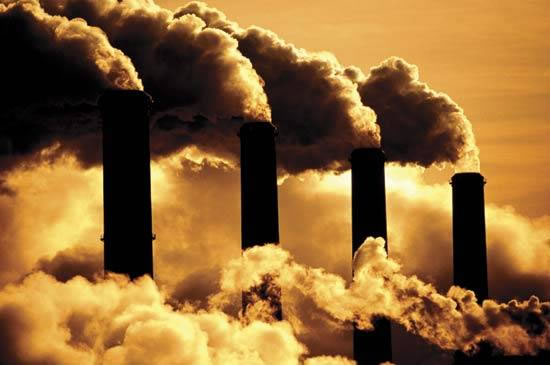
|
Use of energy

|
Extreme weather

|
Deforestation

|
Water shortage
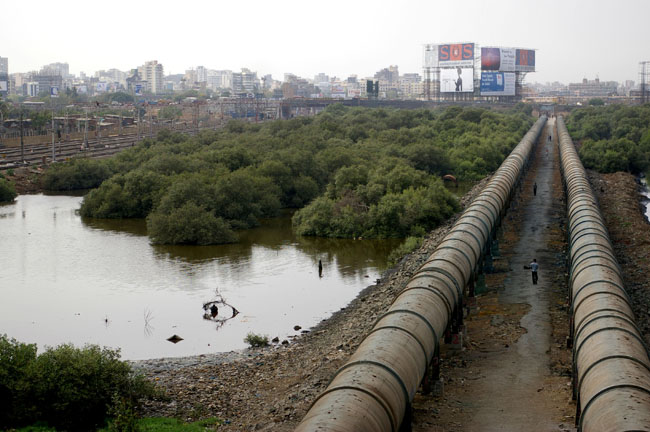
|
Plastic pollution

|
|
More consumption correlates to a better quality of life up to a certain level. Beyond that level more consumption may well have negative consequences, as for example too much food may result in obesity and diabetes or worse.
|
|
PEOPLE ARE AT THE CENTER OF EVERYTHING
|
AS INDIVIDUALS

Doing the work
|
AS MANAGERS

In organizations
|
AS INVESTORS

In finance
|
AS CUSTOMERS
 buying stuff
buying stuff
|
AS LEGISLATORS
 In government
In government
|
AS PARENTS

Parenting
|
IN COMMUNITY

Friends / Society
|
HELPING OTHERS

Volunteering time
|
HELPING OTHERS

Donating money
|
SPEAKING OUT

on Social Issues
|
Everything should be about people. Unfortunately the focus of decision making for many decades has been more on profit than on people, and the environment has been ignored. This has been good for a few, but too many have not seen any benefits.
In poor economies there is a correlation between quality of life and consumption, but as the population gets a better quality of life, this correlation weakens, Neverthless, if there is going to be more consumption, there is also going to be more production, and with this more environmental degradation, unless production processes are improved.
People have made enormous technological progress but very little of this has been applied to improving the social and environmental performance. Almost all of the effort has gone into applying technology to improve profit performance.
This can be changed. This must be changed.
|
Blundell's

1st XV Rugby
|
Cambridge

Sidney Sussex
|
Accountancy

CB&Co
|
Corporate

CFO
|
Consultancy

WB, UN and others
|
Post Career

TrueValueMetrics
|
|
Peter Burgess grew up in post-war Britain. He was born in Lancashire, spent the war years in the suburbs of London, and after the war moved to rural Devonshire. He was educated at Blundell's before entering Cambridge where he studied engineering and economics. Subsequently he articled with Cooper Brothers & Co and qualified as a Chartered Accountant in 1965. Soon afterwards he migrated to the USA and worked in corporate management becoming a very young CFO. After that, as an independent consultant for the World Bank, the UN and corporate clients, he did assignments in over 50 countries. In recent years he has become deeply concerned that modern leadership has failed to address the issues of inequality, the climate crisis and corruption and lacks effective management tools for accountability ... hence his current work on the development of TrueValueMetrics (TVM).
|
Peter Drucker famously said you manage what you measure.
TVM argues that you had better measure the right things
|
|
WHAT IS PROGRESS? IT IS CHANGE IN STATE
|

|

|

|
|
What this means is that there is no need to have any detail about the activities for the period in order to determine if there has been progress or not. This is a very powerful concept that simplifies everything.
|
|
TVM ENHANCES CONVENTIONAL ACCOUNTANCY
|
|
Conventional Accountancy
|
TVM Enhanced Accountancy
|
Full Scope TrueValueMetrics
|

|

|

|
The conventional financial accounts of a company include a balance sheet and the beginning of the period (BOP), a balance sheet for the end of the period (EOP) and a profit and loss account for the period. The balance sheet shows all the assets and the liabilities of the company. The profit and loss account shows all the revenues and the expenses of the company. As described in the section above, the change in the balance sheet is a measure of progress or profit and the total revenues less the total expenses is also the profit of the company for the period.
TVM enhanced accounts incorporate the conventional financial accounts and in addition include the impact that economic activities of the entity are having not only on the economic capital of the entity but also on social capital and environmental capital outside the entity.
The graphic below shows how conventional financial accounting within the entity together with the impacts on externalities of the entity's activities impact all the capitals. The graphic shows that the impacts caused by entity activities change the capitals from the beginning of the period to the end of the period.
|
This graphic shows how conventional financial accountancy should be enhanced to incorporate impact on all the capitals, and not simply the capital of the owners of the entity.
The challenge is to 'number' impact on social capital and natural capital as easily and efficiently as is done for the money metric used for impact on economic (financial) capital.
The TVM answer to this challenge is the development of an approach that uses standard value profiles in much the same way that standard costs and variance analysis is used in corporate management.
|
|
THREE KEY METRICS
|
ENERGY

|
PAYROLL

|
MATERIAL FLOW

|
ENERGY ... the use of energy contributes in a major way to the climate crisis.
PAYROLL ... the underpayment of workers is a primary reason why there is crisis of inequality
MATERIAL FLOW ... is associated with all sorts of issues in the supply chain as well as post use pollution.
|
|
MULTIPLE PERSPECTIVES
|
PLACE

|
PRODUCT

|
LIFE CYCLE

|
PLACE ... the performance of place has a big impact on quality of life.
PRODUCT ... products are basis for quality if life and also for the generation of economic profit.
LIFE CYCLE ... every economic activity has costs and benefits at every stage
|
|
KEY MANAGEMENT ELEMENTS
|
SUMMARY

|
DETAIL

|
FEEDBACK LOOP

|
SUMMARY ... mainly for BoD, C-suite and investors.
DETAIL ... and relevant for key people to understand the performance of the operation and enable improvement.
FEEDBACK LOOP ... needed to see whether performance is being improved. If not ... why not?
|
|

